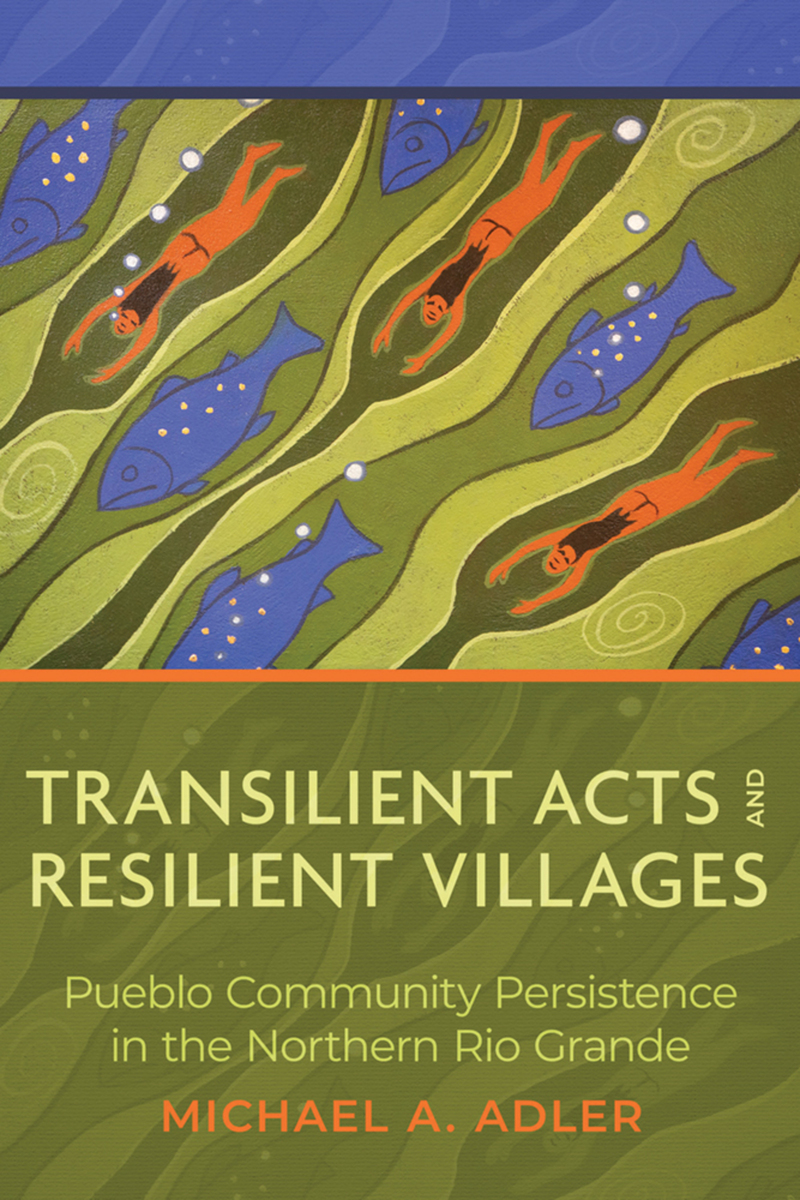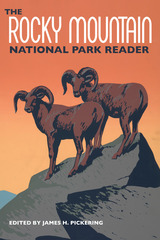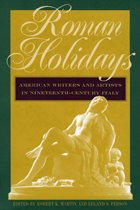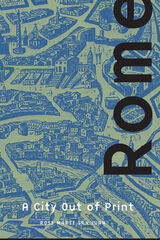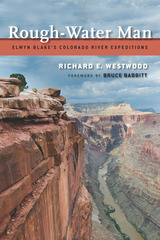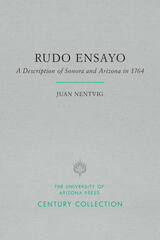Transilient Acts and Resilient Villages: Pueblo Community Persistence in the Northern Rio Grande
University of Arizona Press, 2026
Cloth: 978-0-8165-4884-2 | eISBN: 978-0-8165-4885-9 (standard)
See other books on: Adler, Michael A. | Archaeological Stages & Interpretations of Oral History | Indigenous | Indigenous Studies | Northern Rio Grande
See other titles from University of Arizona Press
Cloth: 978-0-8165-4884-2 | eISBN: 978-0-8165-4885-9 (standard)
ABOUT THIS BOOK | AUTHOR BIOGRAPHY | REVIEWS
ABOUT THIS BOOK
A powerful rethinking of resilience through the lens of Pueblo history, this work reveals how Tiwa communities in the Northern Rio Grande used culturally intentional strategies to adapt, transform, and endure across a millennium of change. Anthropologist Michael A. Adler introduces the concept of transilience—culturally intentional acts that address existential threats and enable transformation—as a framework for interpreting the long-term persistence of Tiwa communities.
Focusing on the Tiwa-speaking communities of Taos, Picuris, and Pot Creek Pueblos, Adler shows how social and ritual organization, architectural change, and sacred geographies were mobilized in response to disruption. He challenges conventional resilience theory, which emphasizes systemic stability, instead centering Indigenous agency, mobility, and sacred practice as key to understanding cultural endurance.
Grounded in decades of collaborative research with Pueblo communities, Transilient Acts and Resilient Villages is a vital contribution to southwestern archaeology. It offers a compelling model for how archaeology can respectfully engage with descendant communities and provides essential insights for scholars, students, and community members seeking to understand the complexities of cultural persistence in the face of change.
Focusing on the Tiwa-speaking communities of Taos, Picuris, and Pot Creek Pueblos, Adler shows how social and ritual organization, architectural change, and sacred geographies were mobilized in response to disruption. He challenges conventional resilience theory, which emphasizes systemic stability, instead centering Indigenous agency, mobility, and sacred practice as key to understanding cultural endurance.
Grounded in decades of collaborative research with Pueblo communities, Transilient Acts and Resilient Villages is a vital contribution to southwestern archaeology. It offers a compelling model for how archaeology can respectfully engage with descendant communities and provides essential insights for scholars, students, and community members seeking to understand the complexities of cultural persistence in the face of change.
See other books on: Adler, Michael A. | Archaeological Stages & Interpretations of Oral History | Indigenous | Indigenous Studies | Northern Rio Grande
See other titles from University of Arizona Press
